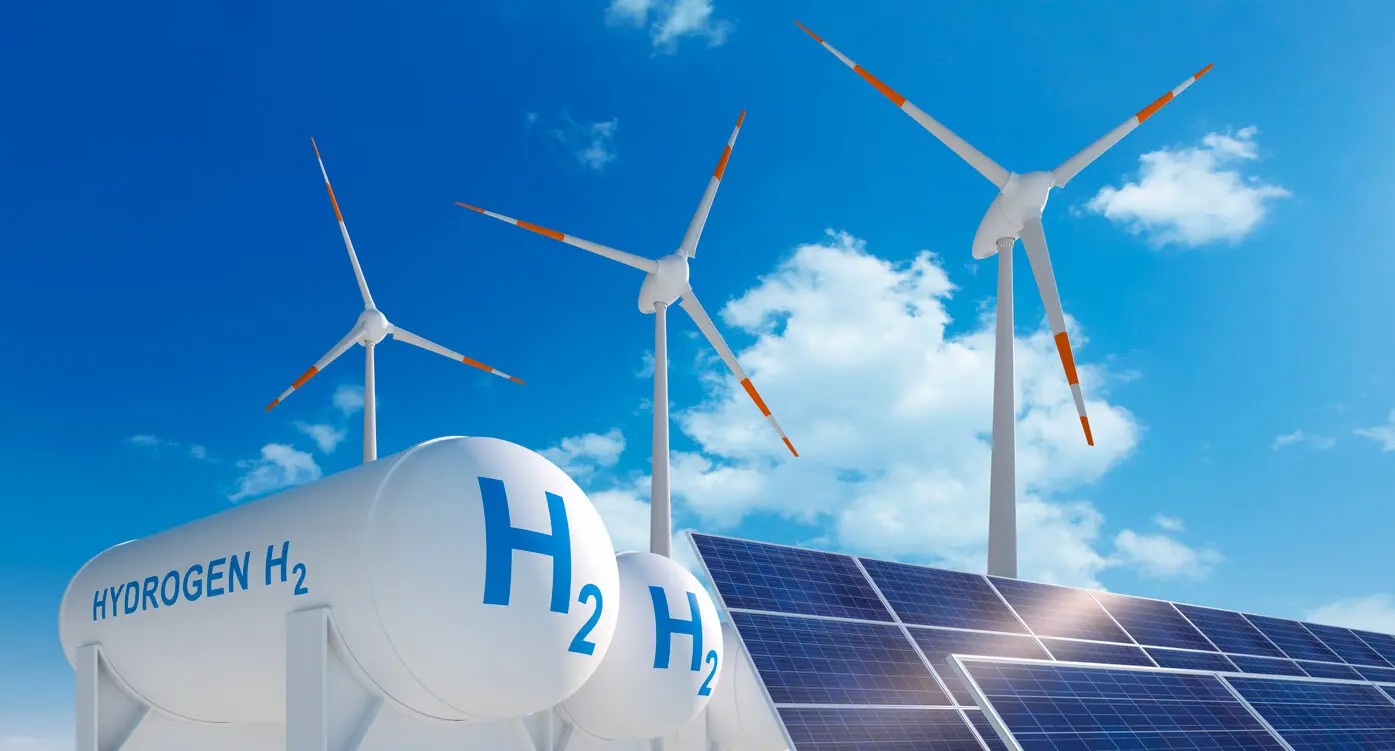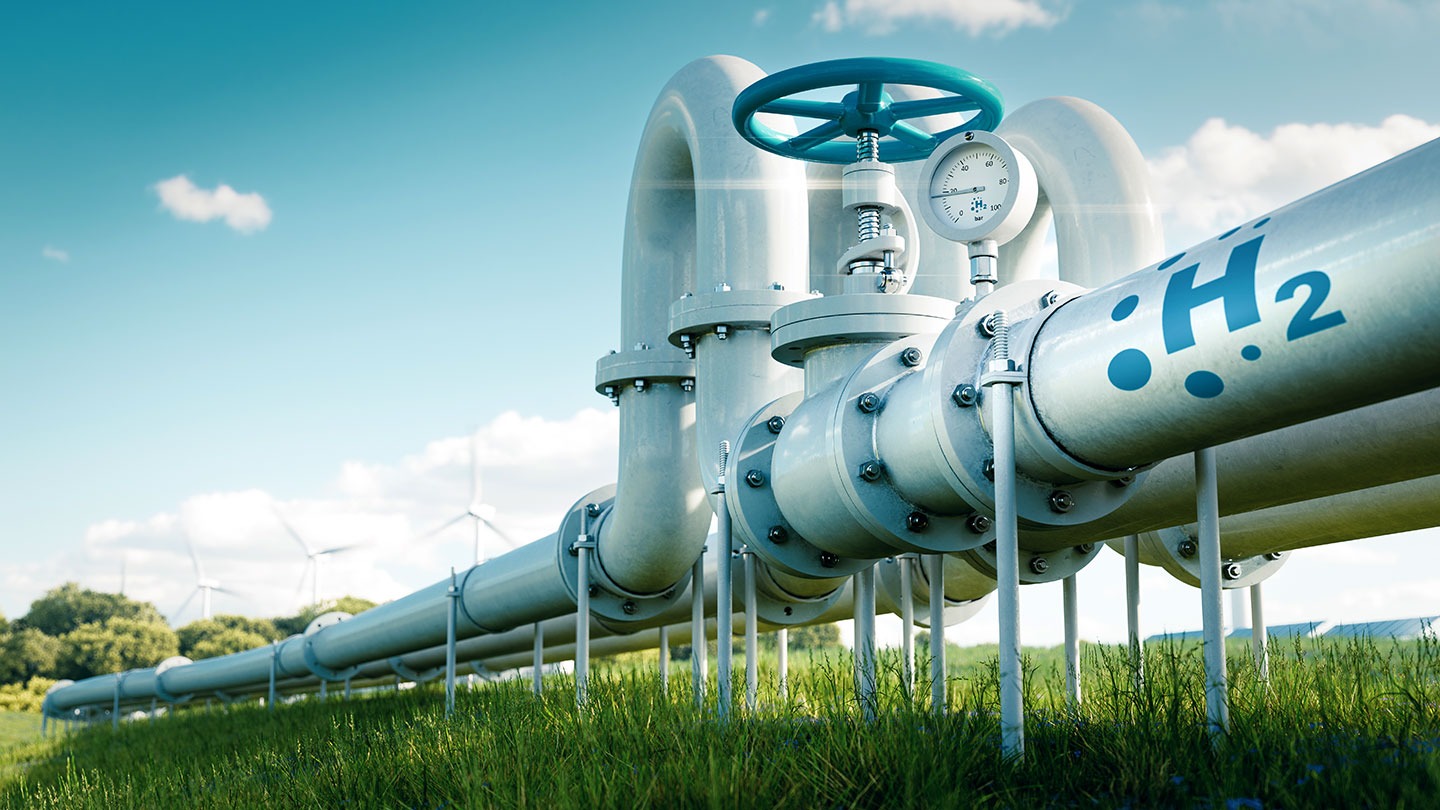The Chemours Company, a global leader in chemistry solutions, has announced significant advancements in its efforts to support the development of a domestic hydrogen economy.
The U.S. Department of Energy (DOE) selected two grant applications totaling $60 million under the Bipartisan Infrastructure Law, positioning Chemours and its partners to drive innovation in membrane technology for proton exchange membrane (PEM) water electrolysis.
One of the projects, “Durable, High-Performance Membranes for Proton Exchange Membrane Water Electrolysis,” focuses on developing low-resistance Nafion™ membranes by leveraging Chemours’ technical expertise.

These membranes are crucial components in PEM electrolyzers, and the project aims to enhance their durability and cost-effectiveness at scale. This initiative addresses a key challenge the hydrogen industry faces and underscores Chemours’ commitment to advancing clean energy solutions.
Chemours is a critical partner in H2CIRC, a newly established consortium that promotes the circularity of materials and components in PEM electrolyzers and fuel cells.
This consortium aims to develop sustainable recovery and recycling processes, contributing to the overall sustainability of the hydrogen economy.
Stefanie Kopchick, Hydrogen Business Venture Leader at Chemours, emphasized its dedication to leveraging its chemistry expertise to support the clean energy transition.

The grants awarded by the DOE will accelerate the development of Nafion™ membranes and facilitate the establishment of infrastructure supporting material circularity in fuel cells and electrolyzers.
These initiatives align with the U.S. National Clean Hydrogen Strategy and Roadmap, emphasizing cost reduction, manufacturing, supply chains, and domestic job creation.
Gerardo Familiar, President of Advanced Performance Materials at Chemours, highlighted the company’s unique position in the hydrogen supply chain and its commitment to sustainability values.
Enabling material circularity will be essential for the long-term viability of clean hydrogen production, ensuring a more sustainable future for all.


